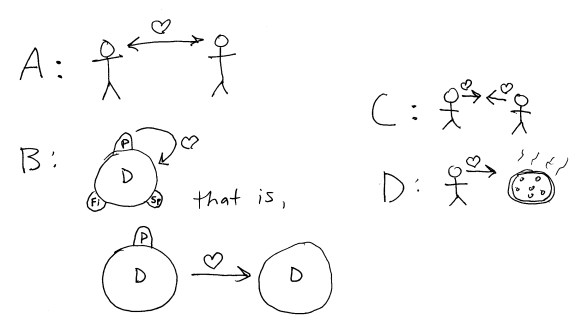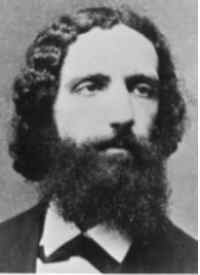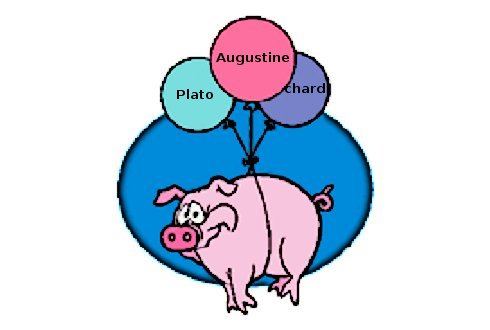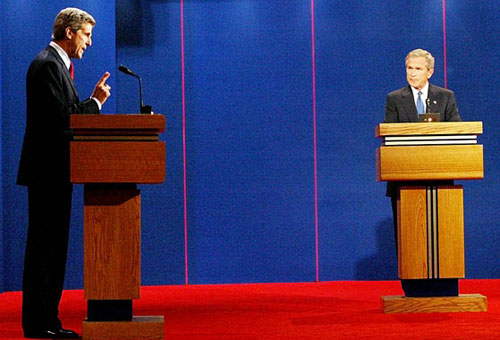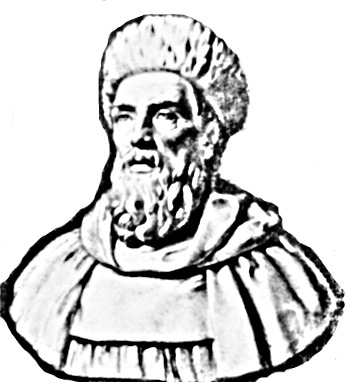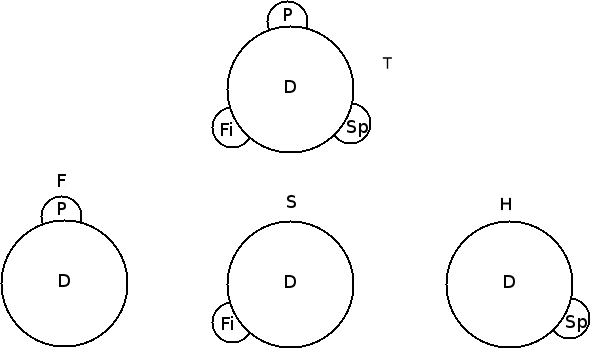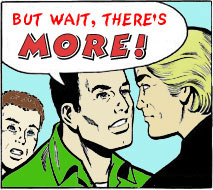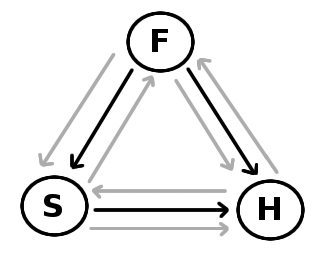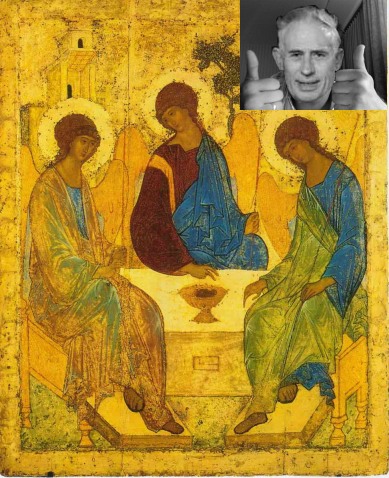perfection, the Trinity, and impossible beings (Dale)
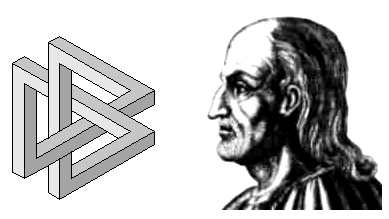
“This clears it all up, right?”
Anselm: “Um, no. I must bestow upon it the analytic frown of uncomprehension.”
(image credit)
I used to think I had a great objection to Anselm’s famous ontological argument. (Bear with me – this has something to do with social trinitarianism.) The argument, at least many forms of it, basically goes like this. If it is logically possible that there’s a Greatest Possible Being (i.e. a being such that there’s no logical possibility of there being a greater one), then it is necessary that there’s a Greatest Possible Being. More simply: if it’s possible (non-contradictory) that God exists, then it’s also necessary that God exists (i.e. it is inconsistent to suppose God not existing). (For more, see here and here. For more than you’d ever want to know, here.)
Many critics have replied like this:
I’d be a sucker to grant your premise. Why should I think that the notion of a Greatest Possible Being is the notion of a possible thing at all? Read More »perfection, the Trinity, and impossible beings (Dale)
